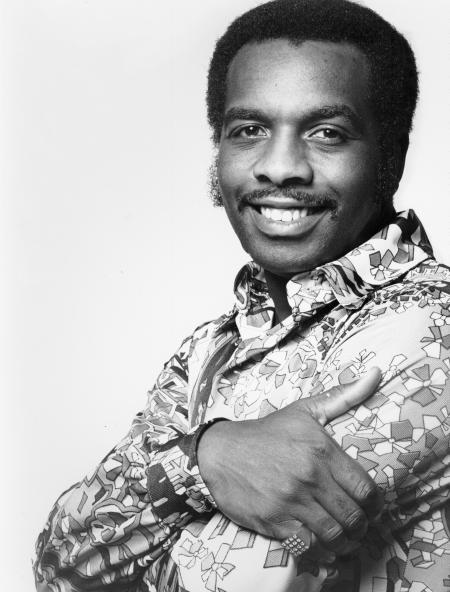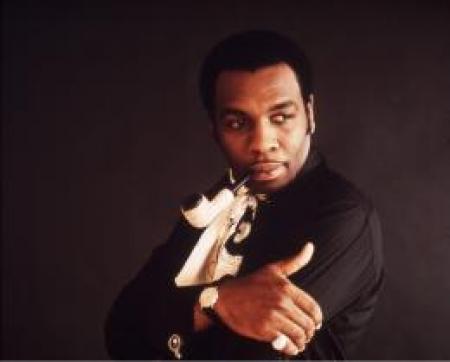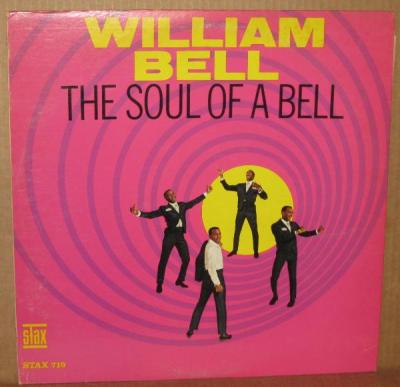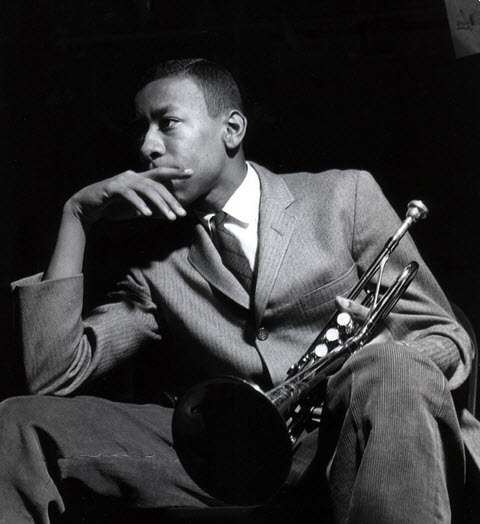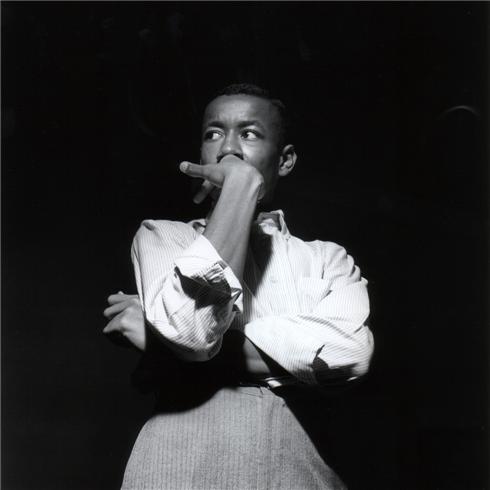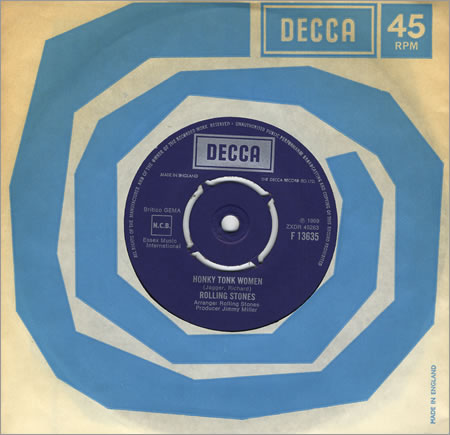From Wikipedia:
William Bell (born July 16, 1939) is an American soul singer and songwriter, and one of the architects of the Stax–Volt sound. As a performer, he is probably best known for 1961’s “You Don’t Miss Your Water” (his debut single); 1968’s “Private Number” (a duet with Judy Clay, and a top 10 hit in the UK); and 1976’s “Tryin’ To Love Two”, Bell’s only US top 40 hit, which also hit #1 on the R&B charts. Upon the death of Otis Redding, Bell released the well-received memorial song “A Tribute To A King”.
From Allmusic (Jason Ankeny):
A principal architect of the Stax/Volt sound, singer/composer William Bell remains best known for his classic “You Don’t Miss Your Water,” one of the quintessential soul records to emerge from the Memphis scene. Born William Yarborough on July 16, 1939, he cut his teeth backing Rufus Thomas, and in 1957 recorded his first sides as a member of the Del Rios. After joining the Stax staff as a writer, in 1961 Bell made his solo debut with the self-penned “You Don’t Miss Your Water,” an archetypal slice of country-soul and one of the label’s first big hits. A two-year Armed Forces stint effectively derailed his career, however, and he did not release his first full-length album, The Soul of a Bell, until 1967, generating a Top 20 hit with the single “Everybody Loves a Winner”; that same year, Albert King also scored with another classic Bell composition, the oft-covered “Born Under a Bad Sign.”
You Don’t Miss Your Water:
Album of the day:
Read more about this album here -> Allmusic – The Soul of Bell
Other July-16:

